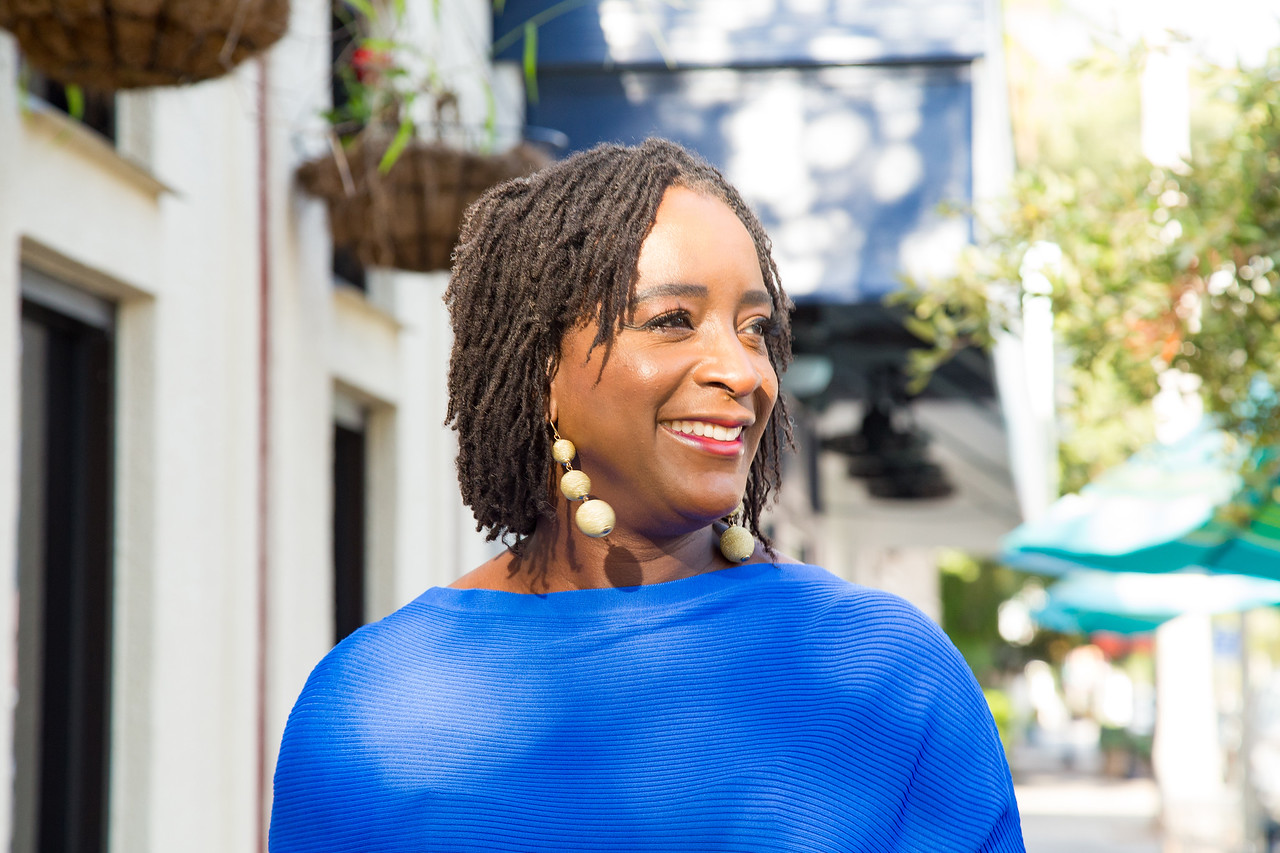How Black women are pushing back against natural hair discrimination disguised as “professionalism”

“Professionalism” is a term often misused in business life, and it works to the disadvantage of employees and candidates whose physical characteristics do not match those in power.
Throughout my decades-long career in corporate life, I often heard leaders use the word “professionalism” to describe people they admired and whose careers they wanted to support.
However, the term “professionalism” is rooted in colonialism. I know this because of my professional research and consulting experience and my observations as a Black woman born in England, raised in the Caribbean, and living in the United States.
Colonizers impose their will on the colonized, requiring the colonized to adopt their social customs, speech patterns, dress, and other norms to avoid punishment and curry favor. Those who are enslaved by colonizers must meet those same expectations, but it goes a step further since the adaptations are mandatory, not optional. In the United States, even though the formal practice of slavery was outlawed by the passage of the Emancipation Proclamation in 1863, the behavior of the formerly enslaved and their descendants was prescribed by the norms of their enslavers.
One consequence of this is that the rules for dress and physical presentation in the workplace were often defined to match the physical characteristics of Caucasian bodies. Black women were asked to straighten their hair so it would be less offensive if they wanted to succeed in these environments. Black women with natural hairstyles (i.e., women who do not apply heat or chemicals to change the natural structure of their hair) are penalized in the workplace. That is why, in 2019, Black women and their allies, including Dove, the National Urban League, Color Of Change, and the Western Center on Law & Poverty, started a campaign to remove the social stigma (and resulting economic disparities) associated with natural Black hair. That work resulted in the passage of the CROWN Act on March 18, 2022, in the US House of Representatives. The bill reads, “
“This bill prohibits discrimination based on a person’s hair texture or hairstyle if that style or texture is commonly associated with a particular race or national origin. Specifically, the bill prohibits this type of discrimination against those participating in federally assisted programs, housing programs, public accommodations, and employment. Persons shall not be deprived of equal rights under the law and shall not be subjected to prohibited practices based on their hair texture or style. The bill provides for enforcement procedures under the applicable laws.“
H.R.2116 — 117th Congress (2021-2022)
NOTE: The bill did not pass in the US Senate, but many states and localities have enacted laws to prohibit natural hair discrimination. You can learn more about Natural Hair discrimination here.









